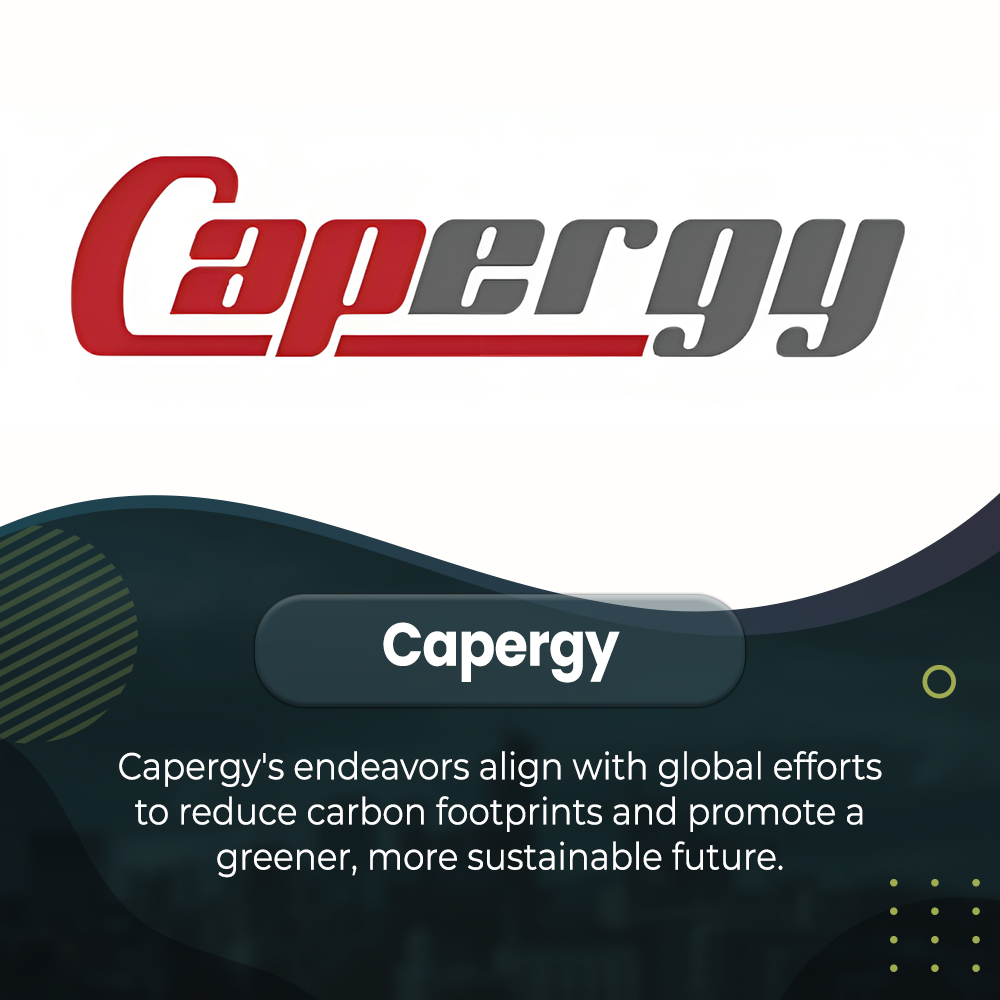
In an era of growing concerns over climate change and environmental sustainability, the quest for clean and renewable energy sources has never been more urgent. Among the most promising alternatives are solar and wind energy, both abundant and readily available across the globe. However, while these sources have long been utilized for residential purposes, their potential for professional use has yet to be explored. This article explores seven innovative and sustainable solutions that harness solar and wind energy for professional applications, ranging from powering industrial facilities to supporting agricultural operations.
Solar and Wind Hybrid Systems: Maximizing Efficiency
Combining the strengths of solar and wind energy systems can significantly enhance energy production and reliability. By leveraging both technologies, businesses can mitigate the intermittency issues inherent in renewable energy sources. Hybrid systems utilize complementary characteristics, with solar panels generating electricity during the day while wind turbines operate around the clock, ensuring a more consistent power supply. This approach is particularly beneficial for industries with high energy demands, such as manufacturing and data centers.
Solar-Powered Water Pumping Systems: Sustainable Agriculture
Agriculture accounts for a substantial portion of global water usage, making the sector a prime candidate for sustainable solutions. Solar-powered water pumping systems offer an environmentally friendly alternative to diesel or electric pumps, reducing operating costs and carbon emissions. These systems utilize photovoltaic panels to power pumps that extract water for irrigation, livestock, and aquaculture. By harnessing the sun’s abundant energy, farmers can improve water efficiency and enhance crop yields while minimizing their environmental footprint.
Off-Grid Solar Solutions for Remote Operations
Solar energy provides a viable solution for meeting energy needs in remote or off-grid locations where access to traditional power infrastructure is limited. Off-grid solar solutions offer a reliable and cost-effective power source from mining sites to telecommunications towers. These systems typically incorporate solar panels, battery storage, and energy management technologies to ensure continuous operation even in challenging environments. Businesses can achieve greater energy independence while reducing emissions and operating costs by reducing reliance on diesel generators and fossil fuels.
Wind-Powered Microgrids: Empowering Communities
Microgrids powered by wind turbines offer a decentralized approach to energy generation, providing communities with greater resilience and self-sufficiency. These localized grids can serve remote villages, islands, or even urban neighborhoods, supplementing or replacing conventional power sources. The scalability of wind energy makes it suitable for various applications, from small-scale community projects to more significant municipal initiatives. By fostering local energy production and distribution, wind-powered microgrids promote economic development and energy security while reducing greenhouse gas emissions.
Solar Thermal Systems for Industrial Heating
Industrial processes often require significant amounts of heat for manufacturing, drying, or sterilization. Solar thermal systems offer a sustainable alternative to fossil fuel-based heating methods, utilizing sunlight to generate steam or hot water. Concentrated solar power (CSP) technologies can achieve high temperatures suitable for industrial applications. Making them ideal for food processing, textile manufacturing, and chemical production. By integrating solar thermal systems into their operations, businesses can reduce reliance on natural gas or coal, lowering costs and carbon emissions.
Wind-Powered Desalination Plants: Addressing Water Scarcity
Water scarcity is a pressing global challenge exacerbated by population growth, climate change, and inefficient water management practices. Wind-powered desalination plants offer a promising solution by harnessing renewable energy to produce freshwater from seawater or brackish sources. Wind turbines drive pumps or reverse osmosis systems, powering desalination without relying on grid electricity or fossil fuels. These facilities can provide clean drinking water for coastal communities, support agricultural irrigation, and mitigate the impact of droughts and water shortages in arid regions.
Solar-Powered Transportation: Sustainable Mobility
The transportation sector significantly contributes to greenhouse gas emissions, making the transition to sustainable alternatives imperative. Solar-powered vehicles, ranging from electric cars to buses and bicycles, offer an eco-friendly mode of transportation powered by renewable energy. Photovoltaic panels integrated into vehicle designs capture sunlight and convert it into electricity to propel the vehicle or charge its batteries. While solar-powered transportation is still in its nascent stages, ongoing advancements in solar technology and energy storage hold promise for reducing emissions and dependence on fossil fuels in the transportation sector.
As the world grapples with the urgent need to reduce carbon emissions and transition to renewable energy sources. Harnessing the power of solar and wind energy for professional use is essential. From hybrid systems and off-grid solutions to industrial applications and community empowerment initiatives. The possibilities for leveraging solar and wind energy are vast and diverse. By embracing these sustainable solutions, businesses and communities can reduce their environmental impact and enhance resilience, Efficiency, and economic prosperity in a rapidly evolving energy landscape.